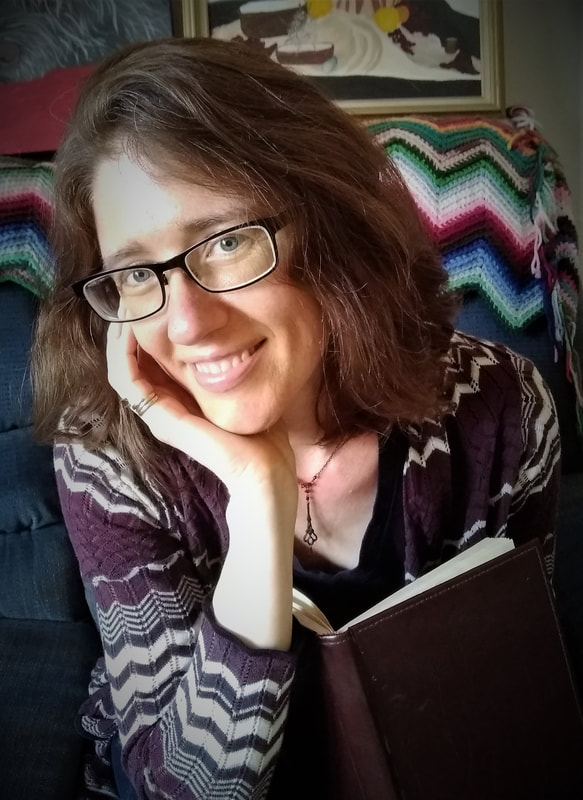|
Is it everyday or every day? Onto or on to? English is a funny, complicated language, full of these little questions that trip us all up. As the language changes and evolves, some words get split up or morph into completely new words, while others get glued together to form compounds. There are four in particular that stump us over and over: everyday/every day, anymore/any more, into/in to, and onto/on to. The problem is that each one can be written as one word or two, depending on the usage. Everyday vs. Every Day Everyday is an adjective that means encountered or used routinely.
Every day refers to all of the days.
If you’re unsure of which one to use, here’s a handy test. Can you replace it with ordinary? If so, you want everyday. Can you replace it with each day? If so, you want every day. Anymore vs. Any More Anymore is an adverb that means any longer or at the present time. It has to do with time.
Any more is used to compare quantities or degrees.
Into vs. In To Into and in to can be a little trickier because which one you choose depends on the verb that comes before. Into is a preposition, while in to is the second half of a phrasal verb plus a preposition. If you’re a normal human being whose eyes just crossed at the mention of prepositions and phrasal verbs, let me take a quick moment to explain. A preposition is a small word or group of small words followed by a noun to form a phrase like to the moon or as of today. And a phrasal verb just refers to a verb that is made up of more than one word like turn down or deal with. Into is a preposition that indicates movement.
In to isn’t actually a unit. In is usually part of the phrasal verb that precedes it, while to is the preposition. If you think it doesn’t matter which one you use, consider the following examples.
The first one tells you to hand your paper to the teacher, but the second tells you to transform your paper into a human being. Not really the same after all. In the first example, turn in is the verb, while to is the preposition linked to the teacher. A good test for whether or not you have a phrasal verb is to drop the in. If the verb retains its meaning, it’s not a phrasal verb, and you can use into.
Onto vs. On To This one works similarly to into/in to.
Hold on is a phrasal verb.
Just remember that what makes English complicated and confusing is also what makes it rich and versatile. By learning the nuances, we can bend the language to our will and make it say whatever we want. Rebecca Miller is a professional copyeditor and general fan of all things having to do with the written word and the English language. You can check out her website at Oakdale Editing or connect through Facebook, LinkedIn, or Email.
0 Comments
Leave a Reply. |
AuthorRebecca has a passion for helping you fill the world with great literature and making sure said literature doesn't get passed over for the lack of a little editing. Archives
July 2022
Categories
All
|


 RSS Feed
RSS Feed
